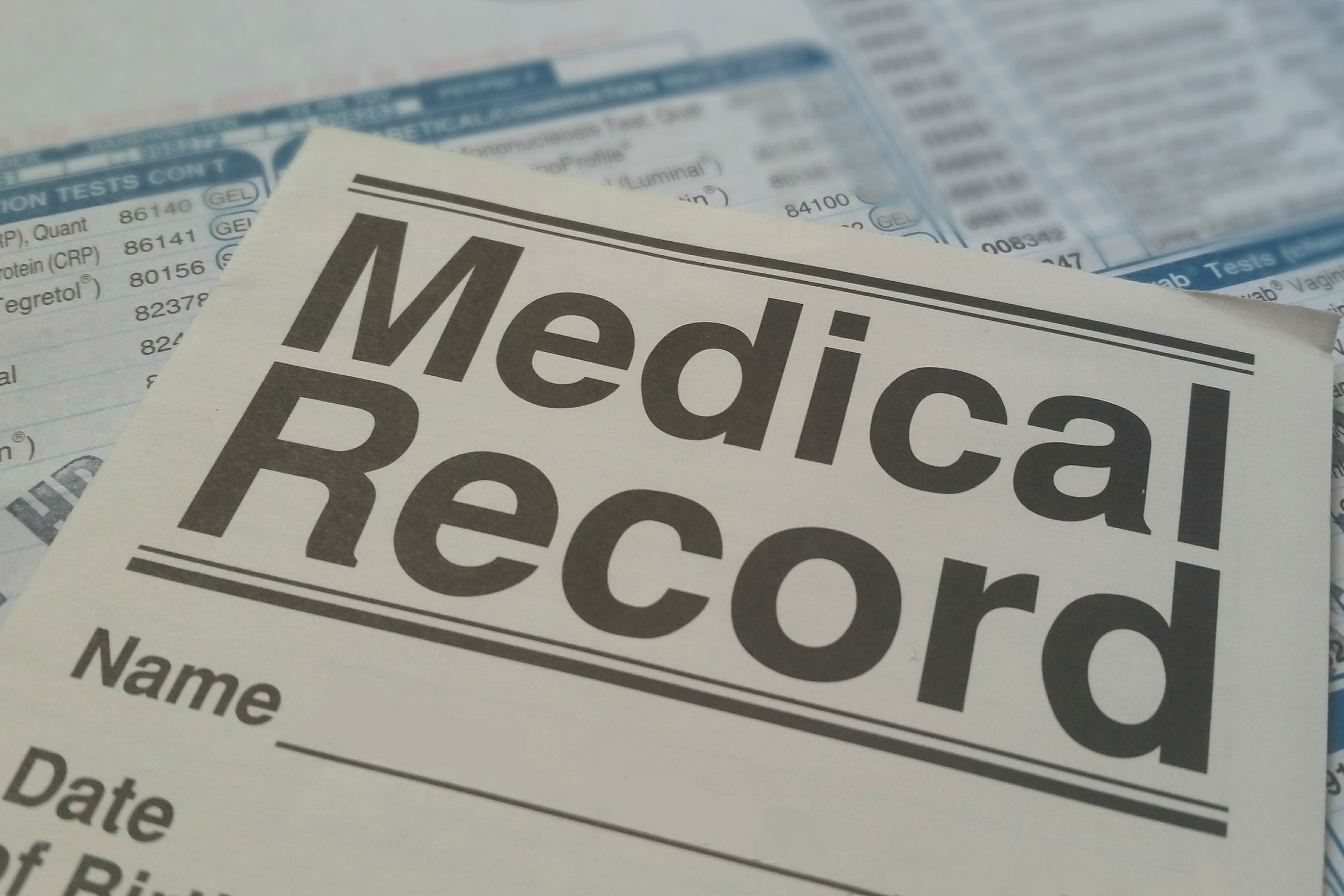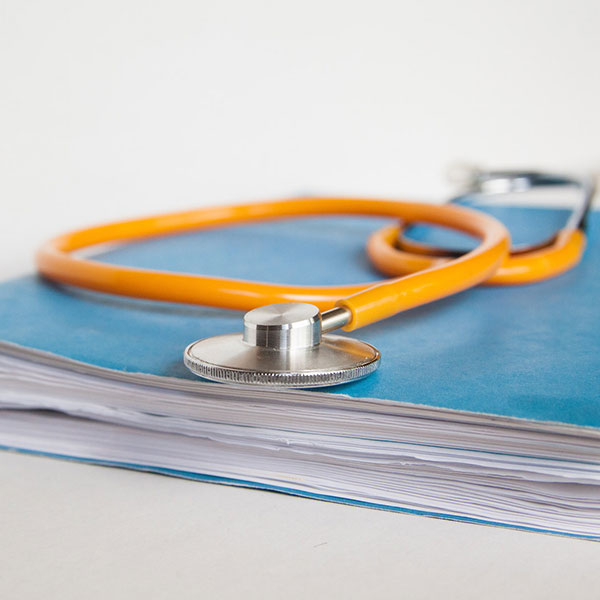
02 Oct The Components of a Medical Record

Medical records are an essential piece of documentation that follows us throughout our lives. They are both a medical and legal document that comes with certain stipulations and rights that prevent the information from falling into the wrong hands or being unlawfully shared. According to the U.S. Department of Health and Human Services, only an individual or their personal representative may access these sensitive documents.
So, what exactly is in a medical record? To keep things simple, a medical record contains information regarding a patient’s health and medical history. The level of detail, amount of information, and type of information will vary significantly from patient to patient. A patient’s medical documentation will mostly be determined by how much care they require. We all have medical documentation; therefore, it’s worth educating yourself on what exactly is in your medical records, along with your rights regarding these crucial documents. For industry professionals that may need to acquire medical records, it’s equally important to become acquainted with these documents and understand their basic outline.
What’s in a Medical Record?
So, you want to know what all can be in a medical record? Well, the answer isn’t necessarily that simple. Everyone has a unique record, some with far more information than others. Doctors are all different and take notes in their own style, so medical records can greatly depend on the medical staff that created them. However, some unified components exist in nearly every complete medical records.
Identification Information
This one may not come as a surprise to anyone, but crucial identification information is the first on our list. Every medical record needs to have information that ties it to a patient. Examples of this could be as simple as your name and date of birth, extending to your social security, state, or government-issued identification number.
Patient’s Medical History

Everyone has a medical history! Even people that have never been to a hospital or seen a doctor have a medical history. It turns out, by not having a medical history is considered a medical history. However, the majority of people here in the United States do have some form, small or large, of medical history. This history could include:
- Past and present diagnosis
- Medical care
- Treatments
- Allergies
Even the absence of a need for medical care is in a patient’s medical history. This information paints a picture of a patient, identifying which ailments or illnesses are acute or chronic, possibly situational or even seasonal.
Medication History
What a patient ingests or otherwise takes that could affect their health is also a part of their medical record. This medication history can include prescribed or over the counter medication, herbal remedies, or even illegal substances that they have at one time used. Some of this information is gathered from patient testimony while others may come from past doctor prescriptions that are already on file. A patient’s medication history can also help paint a picture of their health along with possible complications that have arisen since. For instance, some medications don’t play well with others and can make symptoms worse or cause new symptoms to occur.
Family Medical History
A patient’s family medical history plays a vital role in their health. Some health issues and concerns are genetic, which makes them important additions. While most family health problems aren’t anything to worry about, some cancers and other hereditary diseases can be passed down. So, a family medical history, if accessible, is often part of a person’s medical records.
Treatment History and Medical Directives

The final two pieces of information that play a vital role in a person’s medical records are their treatment history and medical directives. A treatment history should encompass every treatment that has has been given, including the efficacy of the treatments.
Medical directives refer to aspects like DNR (do not resuscitate) orders or their living will. These are essential documents that outline what is and what isn’t wanted by a patient if they are unable to communicate regarding their medical care.
What Are Medical Records Used For
The basic components of medical records that we mentioned above aren’t the only information that is on these documents, but it is the most common. These records are important for future and current health professionals to better understand the patient’s health and wellness, along with any information that might improve care. However, this isn’t the only way medical records can be of service. Here are some of the top uses for medical records outside the healthcare field.
Legal cases can benefit from medical records, depending on the case. One popular example of this is personal injury law, where documentation regarding a client’s health would most certainly be necessary for a legal setting. These records cannot be accessed without a person’s consent. However, retrieving medical documents for legal solutions can be a bit of a hassle. Having the right medical document retrieval service can help expedite the process.
Insurance claims are another area where your medical records may be of service. Insurance companies often request medical documentation when evaluating claims so that any medical bills match claims that are made. In any case, they will need to have a person sign a release form to view and evaluate medical records.
Other popular uses for medical records include medical research, Social Security disability, or even just personal curiosity. Yes, you can obtain your medical records, including doctor’s notes, if you want to have a better understanding of what may be going on with your health.
Understanding HIPAA
While medical records and health information is private, there are some caveats. HIPAA stands for Health Insurance Portability and Accountability Act and plays a significant role in the medical documentation field. This act was passed by congress in 1996 and continues to provide the following services for individuals around the country:
- Reduce any health care fraud or abuse
- Creates and mandates the standard for health care information on electronic billing or any other processes
- Protects and establishes confidentiality standards for protected health information, documentation, and records
HIPAA covers a lot of various complexities involving medical documentation. You can visit the U.S. Department of Health and Human Services to learn more.
Medical Document Retrieval
For companies that need to access medical documents, the process can be a bit of a chore. Not only is retrieval time consuming, but it can be expensive. This isn’t the case if you know how to do it right. You need to get the medical records from the right place.
Here at American Retrieval, we understand that efficient, secure, and HIPAA compliant document retrieval with a fast turnaround is a must for your company. Whether you are settling claims or trying to win a case, having a reliable service for your medical document retrieval is a game-changer. Contact us today for a simple and affordable solution to medical document retrieval.


